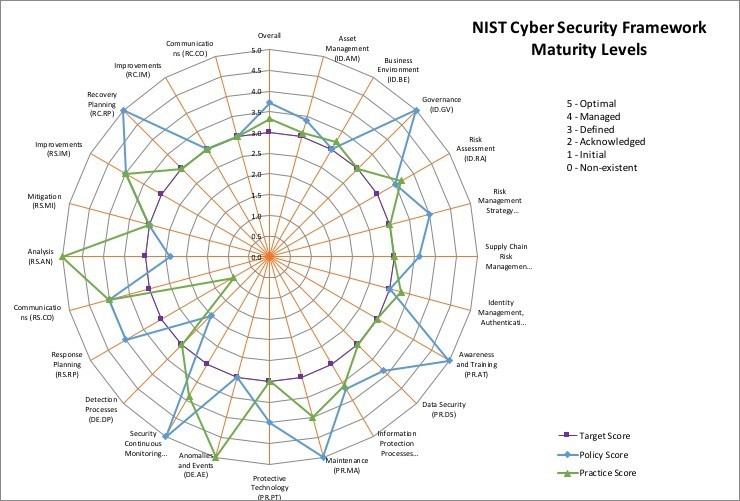The US National Institute of Standards and Technology (NIST) has issued its first major update to the Digital Identity Guidelines since 2017, responding to new cybersecurity challenges such as AI-enhanced phishing, deepfake fraud, and evolving identity attacks. The revision reflects how digital identity threats have grown more sophisticated and how organizations must adapt both technically and operationally to counter them.
The updated guidelines combine technical specifications and organizational recommendations to strengthen identity and access management (IAM) practices. While some elements refine existing methods, others introduce a fundamentally different approach to authentication and risk management, encouraging broader adoption of phishing-resistant and fraud-aware security measures.
A major focus is on AI-driven attack vectors. Advances in artificial intelligence have made phishing harder to detect, while deepfakes and synthetic identities challenge traditional identity verification processes. Although passwordless authentication, such as passkeys, offers a promising solution, adoption has been slowed by integration and compatibility hurdles. NIST now emphasizes stronger fraud detection, media forgery detection, and the use of FIDO-based phishing-resistant authentication.
This revision—NIST Special Publication 800-63, Revision 4—is the result of nearly four years of research, public drafts, and feedback from about 6,000 comments. It addresses identity proofing, authentication, and federation requirements, aiming to enhance security, privacy, and user experience. Importantly, it positions identity management as a shared responsibility, engaging cybersecurity, privacy, usability, program integrity, and mission operations teams in coordinated governance.
Key updates include revised risk management processes, continuous evaluation metrics, expanded fraud prevention measures, restructured identity proofing controls with clearer roles, safeguards against injection attacks and forged media, support for synced authenticators like passkeys, recognition of subscriber-controlled wallets, and updated password rules. These additions aim to balance robust protection with usability.
Overall, the revision represents a strategic shift from the previous edition, incorporating lessons from real-world breaches and advancements in identity technology. By setting a more comprehensive and collaborative framework, NIST aims to help organizations make digital interactions safer, more trustworthy, and more user-friendly while maintaining strong defenses against rapidly evolving threats.
“It is increasingly important for organizations to assess and manage digital identity
security risks, such as unauthorized access due to impersonation. As organizations
consult these guidelines, they should consider potential impacts to the confidentiality,
integrity, and availability of information and information systems that they manage, and
that their service providers and business partners manage, on behalf of the individuals
and communities that they serve.
Federal agencies implementing these guidelines are required to meet statutory
responsibilities, including those under the Federal Information Security Modernization
Act (FISMA) of 2014 [FISMA] and related NIST standards and guidelines. NIST
recommends that non-federal organizations implementing these guidelines follow
comparable standards (e.g., ISO/IEC 27001) to ensure the secure operation of their
digital systems.”
Download the complete guide HERE

EU AI Act concerning Risk Management Systems for High-Risk AI
Interpretation of Ethical AI Deployment under the EU AI Act
Aligning with ISO 42001:2023 and/or the EU Artificial Intelligence (AI) Act
State of Agentic AI Security and Governance
AI Governance: Applying AI Policy and Ethics through Principles and Assessments
Businesses leveraging AI should prepare now for a future of increasing regulation.
Digital Ethics in the Age of AI
DISC InfoSec’s earlier posts on the AI topic
InfoSec services | InfoSec books | Follow our blog | DISC llc is listed on The vCISO Directory | ISO 27k Chat bot | Comprehensive vCISO Services | ISMS Services | Security Risk Assessment Services | Mergers and Acquisition Security









![NIST Cybersecurity Framework: A pocket guide by [Alan Calder]](https://m.media-amazon.com/images/I/31zbdJvBpPL.jpg)






